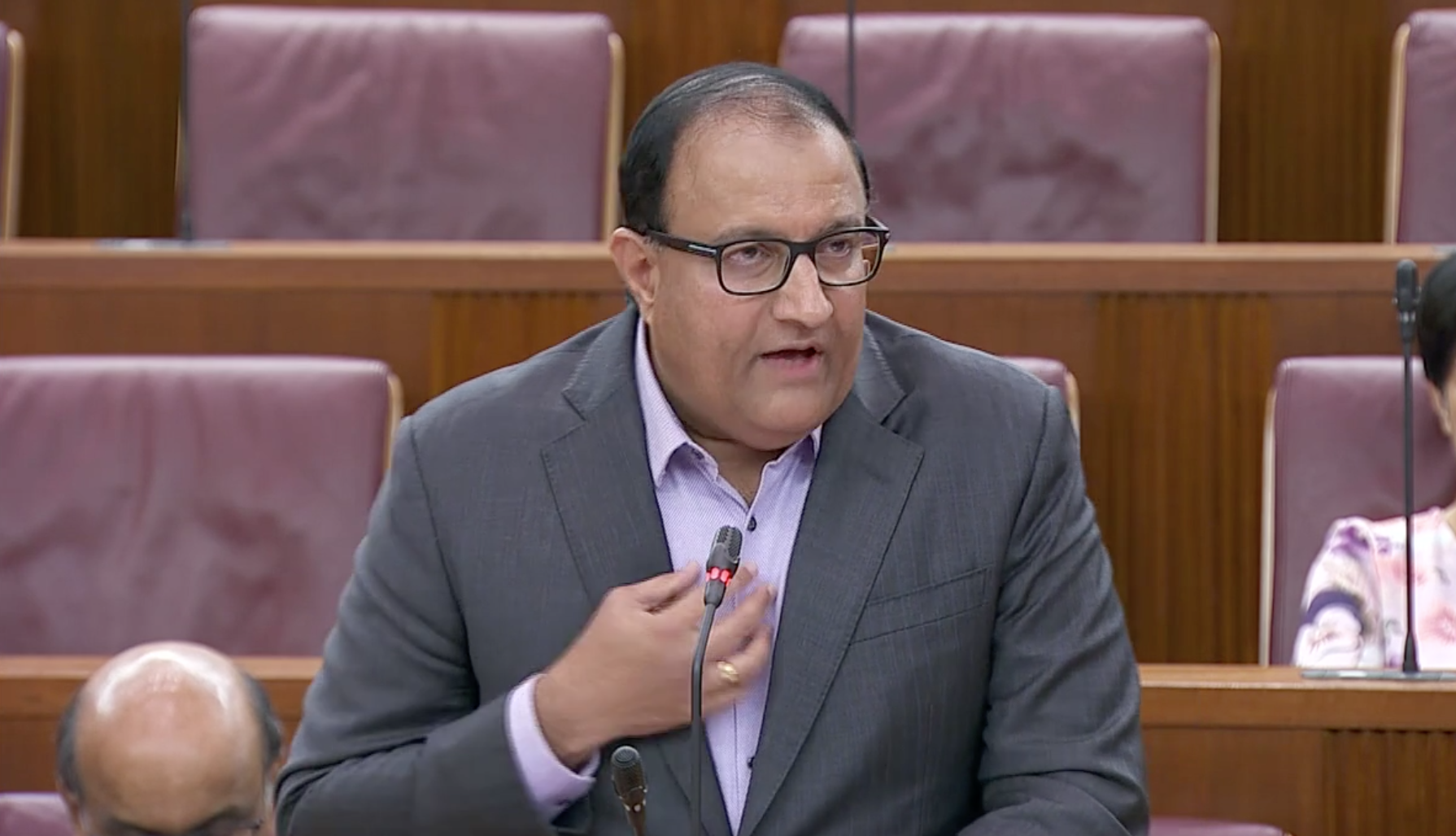A new Protection from Online Falsehoods and Manipulation Bill (POFMA) office will be established to execute the Bill.
The announcement was made by Minister for Communications and Information (MCI) S Iswaran on May 8, at the Second Reading for Protection from Online Falsehoods and Manipulation Bill in Parliament.
Iswaran stated that the POFMA office would be established within the Info-communications Media Development Authority (IMDA), as the Competent Authority to give effect to the instructions of the Ministers.
POFMA office will support Ministers with technical advice in addressing online falsehoods
In explaining why the POFMA office was placed under the purview of of IMDA, Iswaran stated that IMDA’s experience in administering the Broadcasting Act and other content regulation policies, along with its interaction with media and tech companies, made it relevant to the administration of this Bill.
As such, one of the functions of the POFMA office will be supporting Ministers with portfolios, by providing them with technical advice on the Bill's precedents and types of levers available, along with their feasibility, and their effectiveness.
Iswaran added that this will help the Competent Authority provide consistency across the government in the implementation of the Bill.
POFMA office to also work with technology companies
Iswaran further stated that the POFMA office will also be working with technology in codifying what he called the Codes of Practice, along with monitoring compliance with these codes.
Elaborating on the collaboration with technology companies, Iswaran stated that the work would focus on safeguards such as authenticity of users and transparency of advertising, so as to reduce the need of having to issue Corrections or take-down Directions.
With regard to the Codes of Practice themselves, Iswaran explained that they were specifically aimed at helping to create a safer online environment, and will apply only to prescribed digital advertising and internet intermediaries.
Design-wise, Iswaran highlighted that the codes took reference from international norms including the EU Code of Practice on Disinformation, as well as consultations with companies and international experts.
Moreover, the Codes will be further developed by the POFMA office, in conjunction with intermediaries, so as to produce Annexes specific to technological companies.
As per Iswaran:
"These Annexes will clarify how each intermediary will operationalise the broad outcomes, principles and objectives in the Codes, taking into account the unique characteristics of each intermediary’s platform, its existing systems and measures to combat disinformation, technical capabilities, as well as effectiveness."
Iswaran further explained that the aims of the Codes Of Practice will entail:
1. Preventing and countering the misuse of online accounts
This involves targeting malicious actors who hid behind online anonymity via the misuse of online accounts.
Iswaran added that the Codes will require intermediaries to use reasonable verification measures to prevent inauthentic accounts or bots from being created or used for malicious activities, thereby helping to safeguard against misrepresentations of end-user identities.
2. Improving the transparency of political advertising
Here, intermediaries will also have to ensure that political advertisements disclose who is the source.
As per the Codes, this includes election advertising, and advertisements on issues of public interest or controversy in the Singapore context, including those pertaining to race or religion.
3. De-prioritising online falsehoods
As for this area, Iswaran added that the Codes will ensure that credible content is given prominence and that falsehoods are prevented from gaining prominence.
POFMA office to implement the Codes of Practice gradually
As for how the POFMA office would respond in the event of a breach, Iswaran stated that the office would consider the following factors:
- the seriousness of the breach,
- whether there has been a pattern of similar breaches,
- whether the breach reflects systemic deficiency in processes, and
- whether intermediaries’ efforts to remedy the breaches are adequate.
With regard to the implementation of the Codes, Iswaran stated that it will be done in a gradual and targeted manner, so as to help intermediaries have sufficient systems and processes in place.
Top image screenshot from CNA
If you like what you read, follow us on Facebook, Instagram, Twitter and Telegram to get the latest updates.
